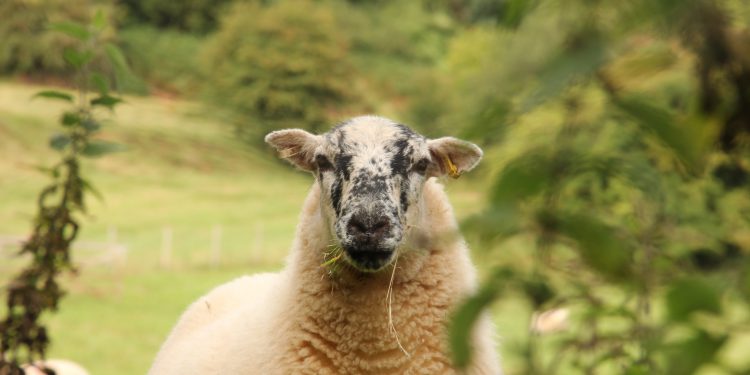The government is running out of time to protect English farmers from going out of business while plans for the new taxpayer funded payment scheme romp ahead, according to Members of Parliament (MPs).
The Environment, Food and Rural Affairs Committee has sounded the alarm over the post-Brexit transition away from the EU Common Agricultural Policy (CAP) to a new Environmental Land Management (ELM) scheme.
Its report says that as direct payments are withdrawn, there is a risk that farmers will resort to less environmentally sustainable methods to make up for lost income, leave the sector or go out of business entirely.
It says the Department for Environment, Food and Rural Affairs (Defra) hasn’t published any measurable objectives to show how the new system will support environmental aims.
“We are already nearly a year into the agricultural transition and Defra has not explained in detail how it will show that the money being taken away from farm payments is being spent effectively,” the report says.
“Farmers could decide that it makes more financial sense to intensify production”
“This should happen as soon as possible, and definitely before the Sustainable Farming Incentive opens for applications in 2022, representing the start of the ELM schemes proper.”
The Secretary of State had acknowledged “we know who will lose money but not how many will take up the new schemes.”
Farmers could decide that it makes more financial sense to intensify production rather than deliver “public goods” via ELM, the report said.
“After years of delay and uncertainty, time is now short, and Defra must do more to give us confidence that it will take account of changing circumstances as the agricultural transition proceeds.
“The government has been clear that the success of ELM is critical to meeting its environmental ambitions, but this will require huge uptake of the scheme and the funding to ensure that.
“Livestock farmers have been among the most dependent on direct payments”
“If farmers are to enter into multi-year agreements to deliver public goods, they deserve a clear guarantee that the Government is committed to the sustained, long-term funding of this transition.”
The report says upland livestock farmers have been among the most dependent on direct payments and risk being particularly disadvantaged during the transition.
“Defra should explain how the needs of those farming uplands, commons and tenanted land will be reflected in its ELM schemes. It should also explain how it will ensure the environmental and societal benefits of upland and common land pasture are recognised in ELM,” the report said.























